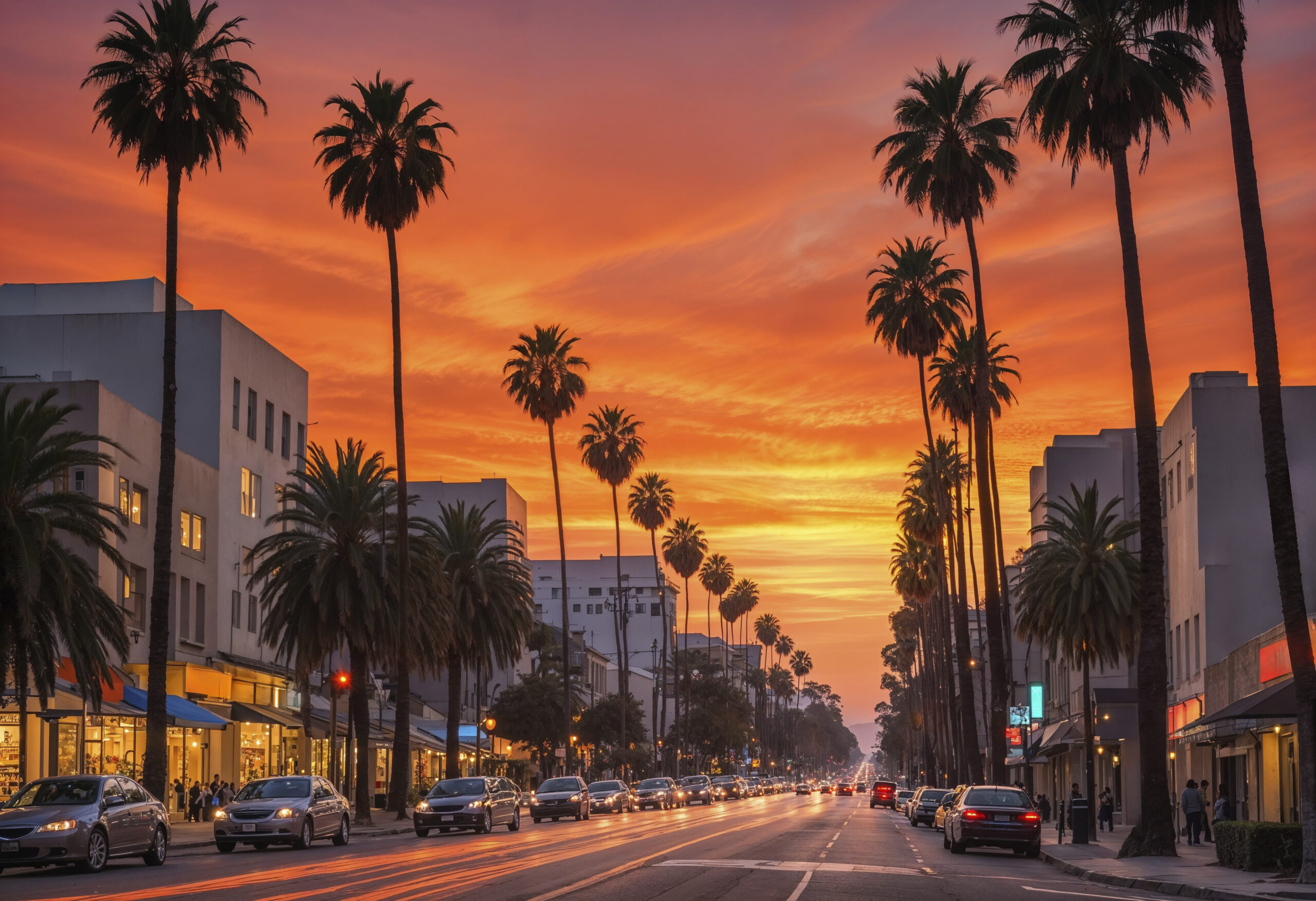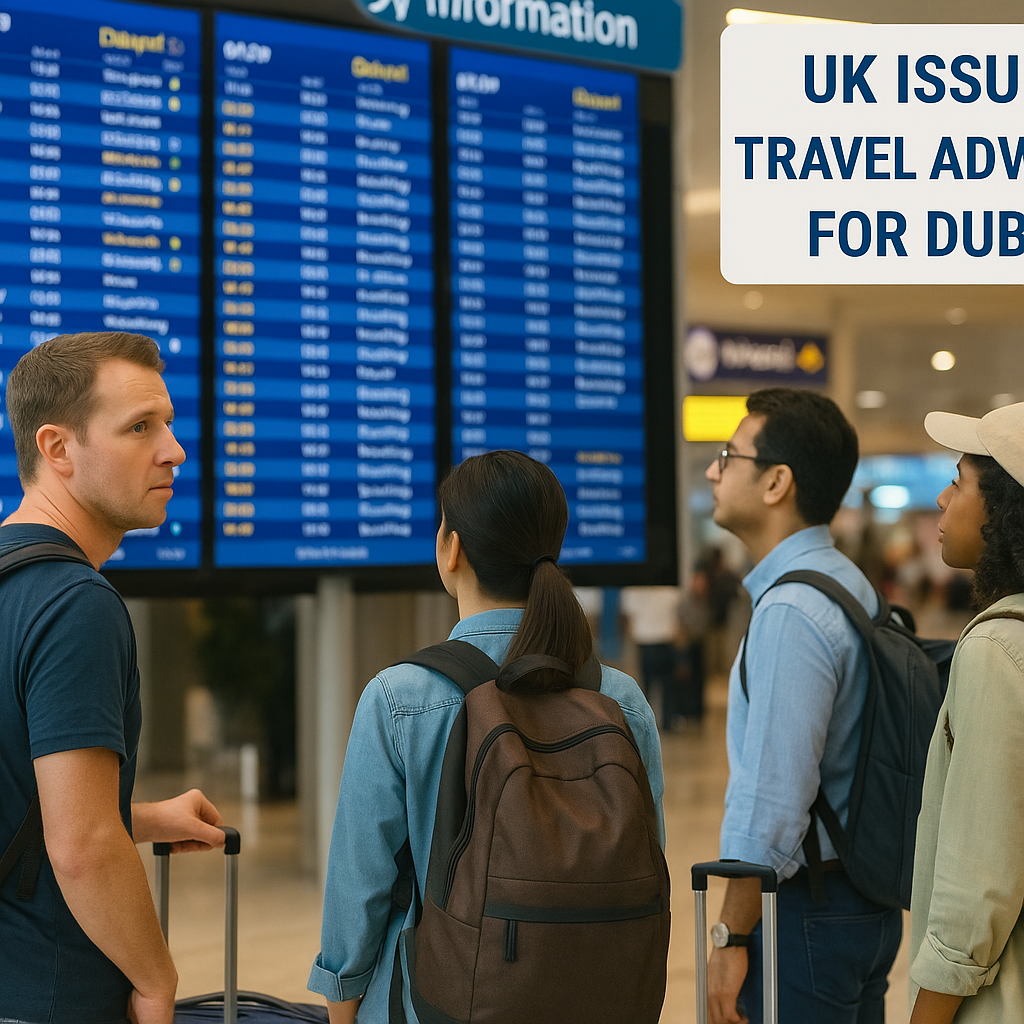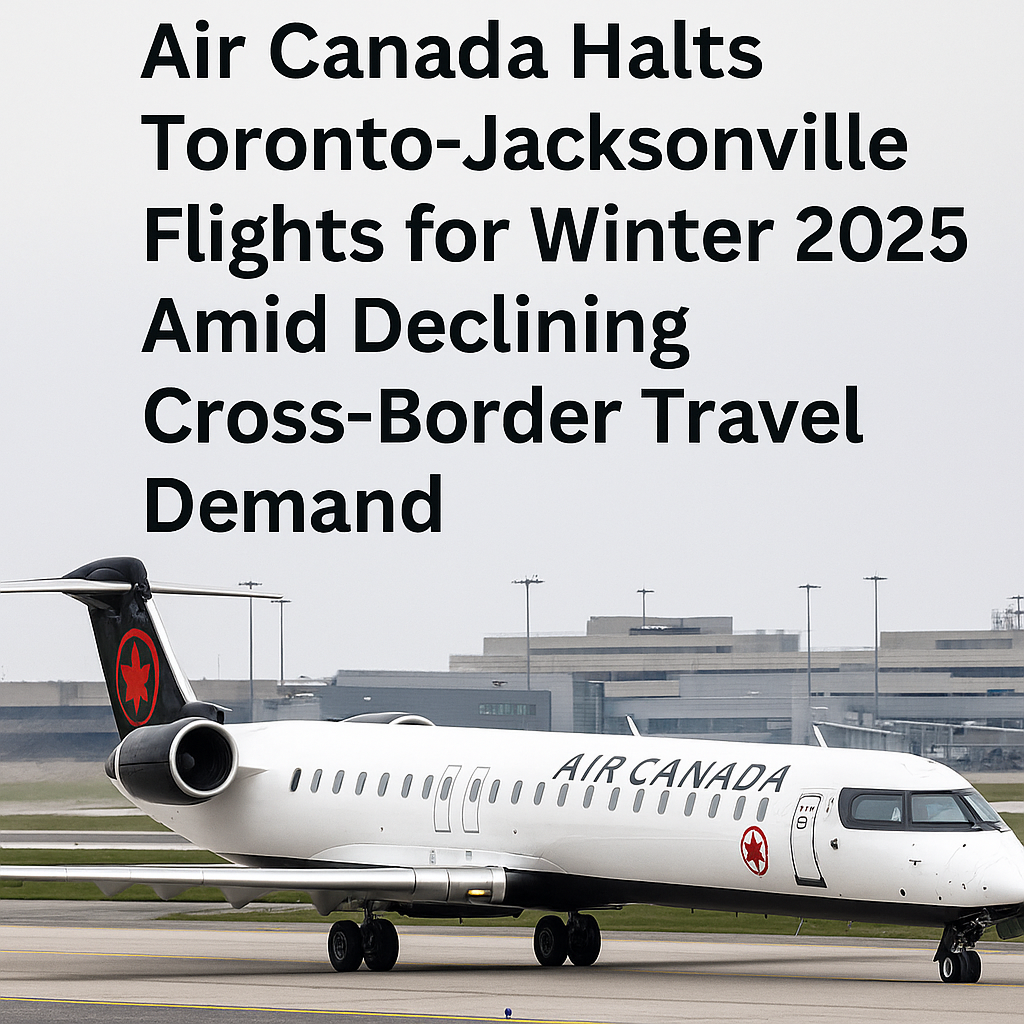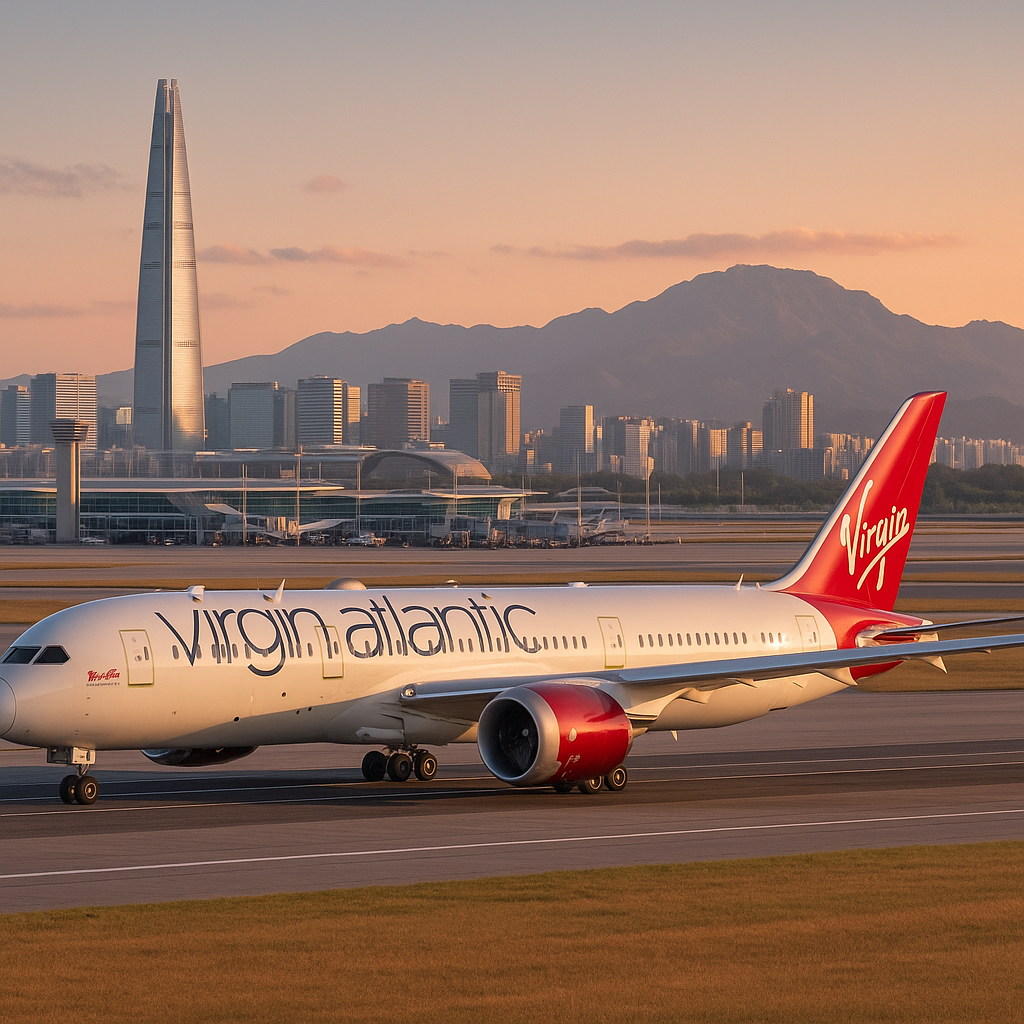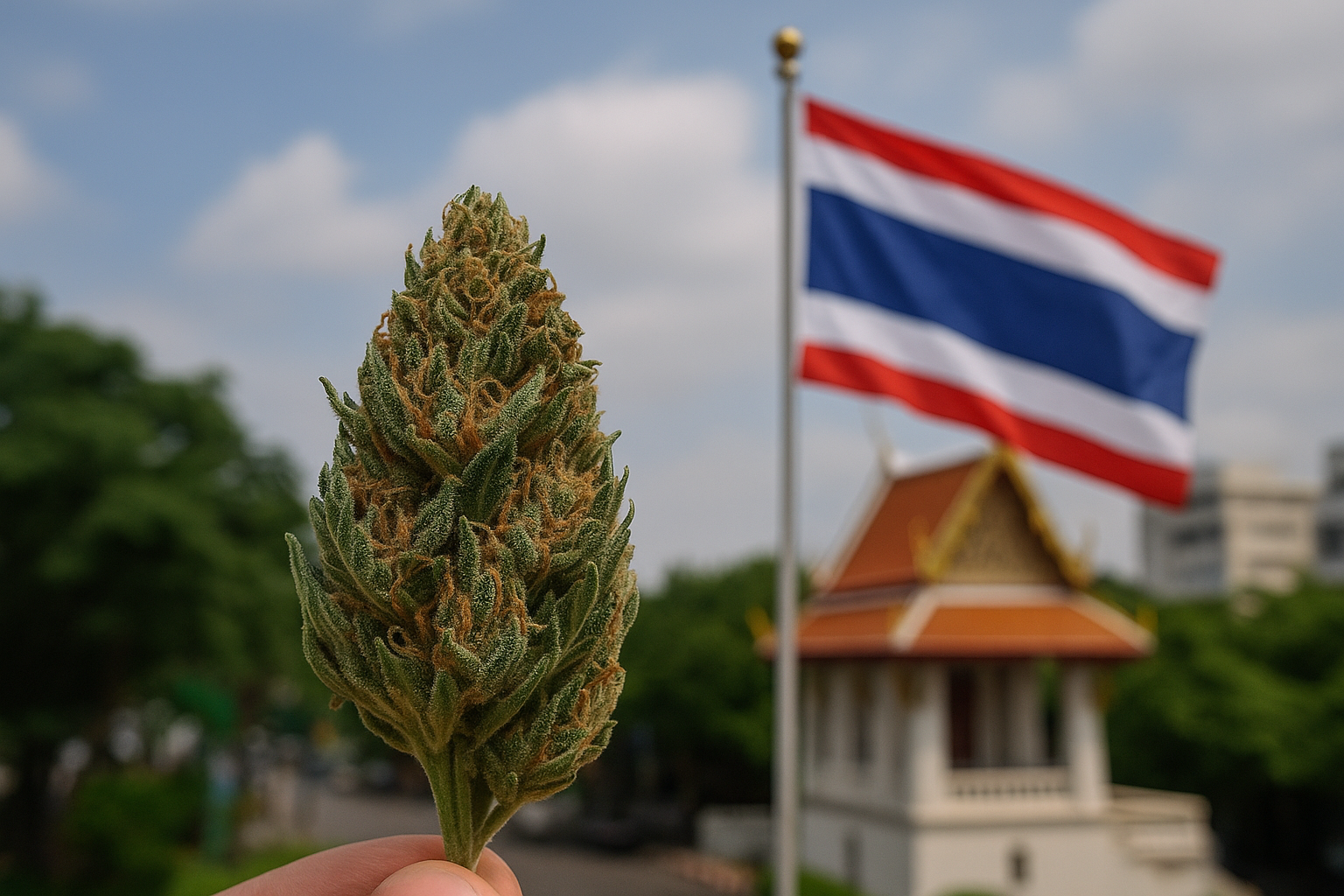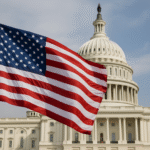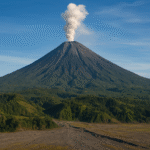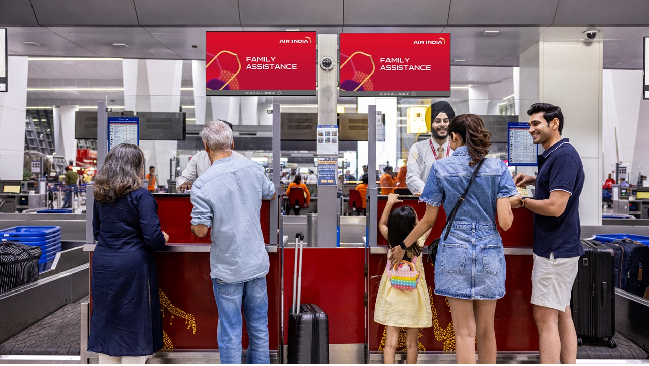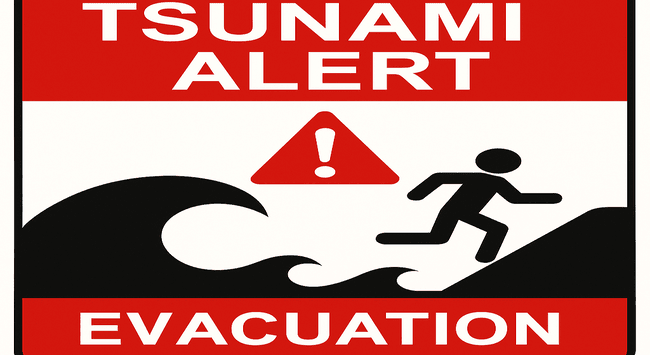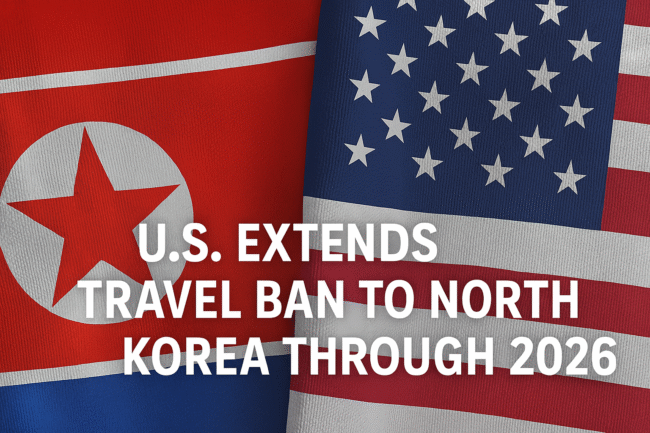Thailand, a leading Southeast Asian tourism destination, has issued a major regulatory shift on cannabis usage. As of June 23, 2025, the Thai government officially reclassified cannabis flower as a controlled substance, restricting its use exclusively to those with valid medical prescriptions issued by licensed Thai healthcare professionals.
This marks a significant tightening of the cannabis policy that was once viewed as a groundbreaking liberalization in 2022. With the updated framework now in force, tourists visiting Thailand are urged to strictly comply with the new laws to avoid legal complications, fines, or imprisonment.
Cannabis Flower Now Controlled Under 2025 Regulations
The new legal direction follows the announcement by Thailand’s Ministry of Public Health that cannabis flower is once again a controlled substance under the Thai Traditional Medicine Wisdom Protection and Promotion Act B.E. 2552 (2009). The 2025 update revokes the previous 2022 regulations that had decriminalized the plant, bringing back stricter oversight over its possession, distribution, and usage.
Crucially, recreational use of cannabis remains illegal for both locals and foreigners. Only those holding an official medical certificate from a licensed Thai physician are permitted to possess cannabis flower—and even then, only in quantities not exceeding a 30-day medical supply.
What Tourists Must Know Before Visiting Thailand
The revised cannabis laws are especially important for the country’s millions of inbound tourists. According to the Tourism Authority of Thailand (TAT), these changes are part of a wider national effort to protect public health, prevent misuse, and preserve Thailand’s international image as a safe and lawful destination.
Tourists are explicitly prohibited from:
- Purchasing cannabis flower without a valid Thai medical prescription.
- Using cannabis recreationally in any form.
- Transporting cannabis into or out of Thailand.
- Possessing cannabis while in public spaces or near religious, school, or entertainment venues.
Violators risk severe penalties, including arrest, steep fines, and even imprisonment.
No Loopholes at Tourist-Facing Shops
While some cannabis dispensaries in areas like Phuket, Chiang Mai, and Bangkok’s Khao San Road may continue to sell cannabis-related products, many of these establishments operate without proper licenses. These shops often target tourists unfamiliar with Thailand’s evolving legal landscape.
The Ministry of Public Health and the TAT caution that purchasing cannabis from such sources may result in serious legal consequences, regardless of the seller’s claims.
To legally access cannabis in Thailand, visitors must:
- Be diagnosed with a qualifying medical condition by a Thai healthcare provider.
- Receive an official prescription under Thai law.
- Purchase cannabis products only from certified, government-registered outlets.
How Thailand Is Educating Visitors on Cannabis Compliance
Thailand’s government has launched public awareness campaigns across airports, hotels, and public transportation hubs to inform visitors about the risks of illegal cannabis use. Officials are also working with tour operators and airlines to distribute educational materials to arriving passengers.
Additionally, the Food and Drug Administration of Thailand (FDA) has opened communication channels for tourists, including the dedicated hotline 1556, where travelers can request clarification on cannabis legality or report unlicensed sales operations.
According to the Ministry of Public Health, this regulatory reset aims to curb the “unintended consequences” of decriminalization, including unregulated recreational use and a surge in cannabis tourism that did not align with the law’s original medical intent.
Restrictions on Sales and Advertising
The new rules not only limit who can buy cannabis, but also where and how it can be sold. The 2025 law prohibits:
- Online sales of cannabis products.
- Advertising of cannabis in any form, including digital and printed media.
- Sales in public locations such as temples, parks, schools, or entertainment venues.
- Vending machine or mobile sales units.
These regulations are designed to reduce youth exposure, protect vulnerable populations, and ensure that cannabis remains within the boundaries of medical application only.
Promoting Safe, Respectful Tourism
Thailand’s rich cultural heritage, natural beauty, and welcoming hospitality continue to draw travelers from across the world. But with increasing focus on responsible and sustainable tourism, the government is prioritizing law enforcement and health safeguards that align with international standards.
For tourists, this means respecting the country’s updated cannabis laws is essential to ensure a safe and pleasant visit.
Visitors are encouraged to:
- Avoid cannabis unless prescribed by a local Thai doctor.
- Decline offers from street vendors or unlicensed dispensaries.
- Keep documentation ready if using cannabis for medical purposes.
- Consult hotel staff or tourism information desks for updated legal guidance.
A Shift Toward Regulated Medical Use
Thailand made headlines in 2022 as the first Asian country to decriminalize cannabis. However, the 2025 update signals a course correction, refocusing cannabis access toward regulated medical use rather than promoting it as a recreational or wellness tourism draw.
The government remains supportive of cannabis research, clinical treatment, and regulated health care applications but is firm in its stance against recreational tourism tied to cannabis.
Conclusion: Know the Law Before You Travel
As Thailand refines its cannabis policy, tourists must adapt by educating themselves on what is legal and what is not. While cannabis remains available under specific, medical-use frameworks, its general use is no longer a gray area—it is clearly regulated and strictly enforced.
Respecting these laws not only ensures personal safety but also supports Thailand’s long-term vision of balancing innovation in healthcare with sustainable tourism development. Visitors are strongly advised to consult reliable local sources and avoid any cannabis-related activities unless fully compliant with Thai medical law.
By staying informed, acting responsibly, and respecting cultural norms, travelers can enjoy everything Thailand has to offer—without legal setbacks or health risks.
For more travel news like this, keep reading Global Travel Wire
